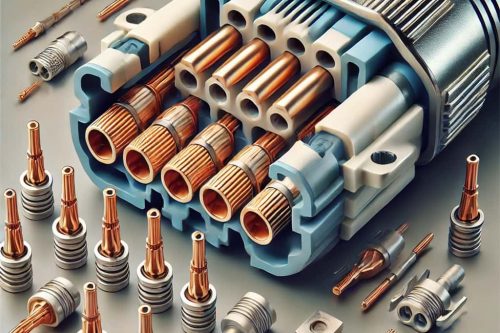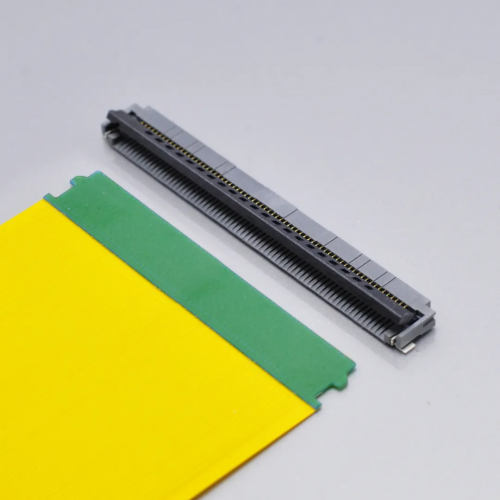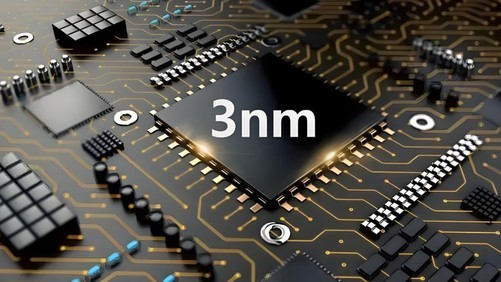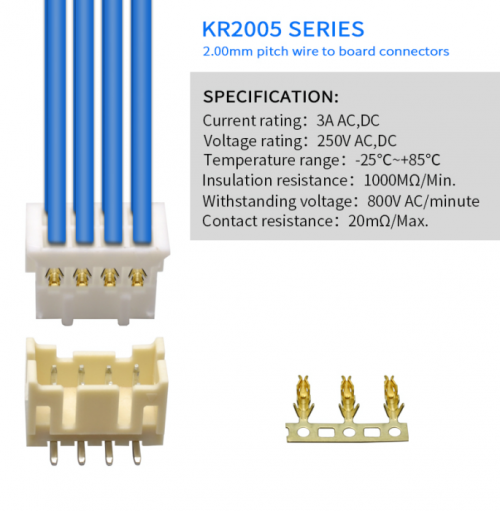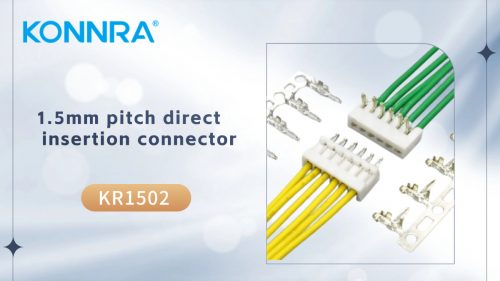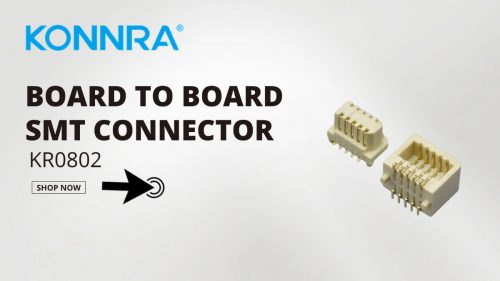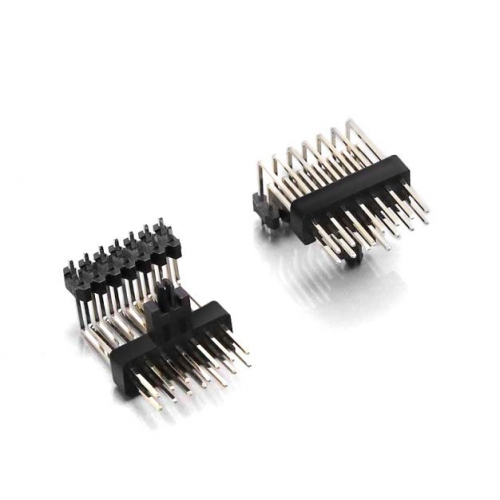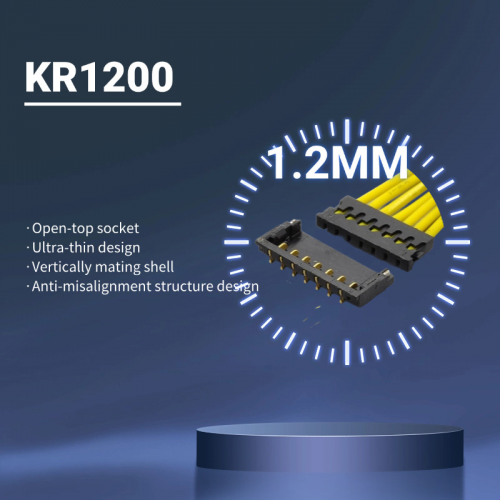In the field of electronic devices, the choice of connectors is a crucial step. Especially when faced with various connector sizes, choosing the most suitable one can be a headache. Are you confused about selecting the right connector? As a professional connector solution provider, Konnra focuses on the design, R&D, production, and sales of electrical connectors and wiring harnesses. We understand how critical it is to find the right connector in this diverse market. Choosing the right connector not only affects the performance of the device but also impacts the complexity of design, production costs, and ease of future maintenance. If you are also troubled by this, don’t worry! In this blog, we will compare 1.0mm connectors with other connector sizes in detail, from their respective advantages and disadvantages to their practical application scenarios. Konnra will provide you with comprehensive guidance to help you make the most informed choice in various applications.
Why is Connector Size So Important?
In any electronic device design process, the choice of connectors is crucial. It not only affects the performance of the device but also significantly impacts the complexity of design, production costs, and ease of maintenance. Therefore, understanding the characteristics of different connector sizes is fundamental knowledge that every engineer and designer needs to master.
What are the Characteristics of 1.0mm Connectors?
1.0mm connectors are a common type of small connector in modern electronic products. Their main characteristics include high-density design, making them very suitable for scenarios that require high-density connections in limited spaces, such as smartphones, tablets, and other portable devices. Despite their small size, 1.0mm connectors can still provide stable and reliable connections. Their manufacturing process ensures durability and stability in various environments. Due to their small size and high density, 1.0mm connectors offer great flexibility in design, allowing for complex PCB layouts. Additionally, their lightweight design is perfect for applications where weight reduction is essential, such as aerospace and portable medical devices.
Characteristics of Other Common Connector Sizes
Before comparing 1.0mm connectors, we need to understand the characteristics of other common connector sizes, including China 2.54mm connectors, 1.27mm, and 0.5mm connectors.
2.54mm connectors are traditional standard connectors widely used in various electronic devices. Their main features include larger size and wider pin spacing, providing very high durability and mechanical strength. The larger size makes soldering and maintenance easier, especially in situations requiring manual operations. Additionally, due to their mature manufacturing process and wide application, 2.54mm connectors are cost-effective, making them an economical choice.
1.27mm connectors bridge the gap between 2.54mm and 1.0mm connectors, combining some of the advantages of both. 1.27mm connectors offer higher connection density than 2.54mm but are easier to handle than 1.0mm connectors. They provide a good balance in terms of space and density, suitable for moderately complex designs. Despite their higher density, 1.27mm connectors remain relatively easy to operate, making them suitable for moderately complex PCB design and maintenance. These connectors are used in many industrial and consumer electronic products, offering good versatility.
0.5mm connectors are ultra-small connectors primarily used in the most compact electronic devices. The pin spacing of 0.5mm connectors is very small, suitable for extremely space-constrained scenarios such as ultra-thin laptops and high-end mobile devices. However, due to their very small size, soldering and assembly are more challenging, requiring highly precise manufacturing and operation techniques. Furthermore, the high precision required for their manufacture leads to higher costs.
1.0mm Connectors vs. Other Connector Sizes
Space and Density
1.0mm connectors offer excellent space utilization and high-density connections, making them suitable for most portable devices. In contrast, 2.54mm connectors take up more space and are better suited for applications without space constraints, such as industrial equipment and desktop computers. 1.27mm connectors provide a good balance in terms of space and density, making them suitable for moderately complex designs. On the other hand, 0.5mm connectors provide the highest density but require working in extremely constrained spaces, making them ideal for the most compact electronic devices.
Reliability and Durability
Despite their small size, 1.0mm connectors are reliable due to their manufacturing process, making them suitable for high-performance applications. 2.54mm connectors, with their larger size, offer high mechanical strength and durability, suitable for environments requiring high mechanical strength. 1.27mm connectors offer good reliability and durability, making them suitable for most application scenarios. In contrast, 0.5mm connectors, due to their very small size, have relatively lower mechanical strength and require precise handling.
Operation and Maintenance
1.0mm connectors require certain professional operation skills but perform well in automated production lines. 2.54mm connectors are easy to operate and maintain, suitable for manual operations and maintenance. 1.27mm connectors are relatively easy to operate and maintain, suitable for moderately complex production and maintenance environments. In contrast, 0.5mm connectors are very complex to operate and maintain, requiring high-precision operation equipment and techniques.
Cost and Economics
1.0mm connectors are moderately priced and cost-effective, suitable for most application scenarios. 2.54mm connectors are low-cost and economical, suitable for budget-limited projects. 1.27mm connectors are moderately priced, offering good economic balance. 0.5mm connectors are more expensive, suitable for high-end and precision equipment applications.
How to Choose the Right Connector Size?
Choosing the right connector size requires considering multiple factors, including space constraints, connection density, mechanical strength, complexity of operation and maintenance, and budget. In extremely space-limited applications, 0.5mm connectors may be the best choice. In environments requiring high durability and easy maintenance, 2.54mm connectors may be more suitable. For designs needing a balance between high density and operability, 1.27mm connectors are a good choice. For most portable devices requiring high density and reliability, 1.0mm connectors are an ideal choice.
Conclusion and Recommendation
Different connector sizes have unique advantages and application scenarios. Understanding the characteristics and applications of 1.0mm connectors compared to other sizes can help you make more informed decisions in design and selection processes. Whether you need high-density, high-reliability connections, or seek easy-to-operate and cost-effective solutions, understanding these connectors’ characteristics and suitability can help you find the best solution for your applications.
As a professional connector solution provider specializing in the design, R&D, production, and sales of electrical connectors and wiring harnesses since 2004, Konnra understands market demands. Our 1.0mm connectors not only offer high density and reliability but also provide great flexibility in design and operation, perfectly suitable for various portable devices and complex PCB designs.
If you aim to enhance your device’s performance and reliability while simplifying design and maintenance processes, Konnra’s 1.0mm connectors will be your ideal choice. Visit our product page now to learn more about our top-quality connectors. Let Konnra help you achieve better results in electronic device design. Act now, choose Konnra, and take your projects to the next level!


